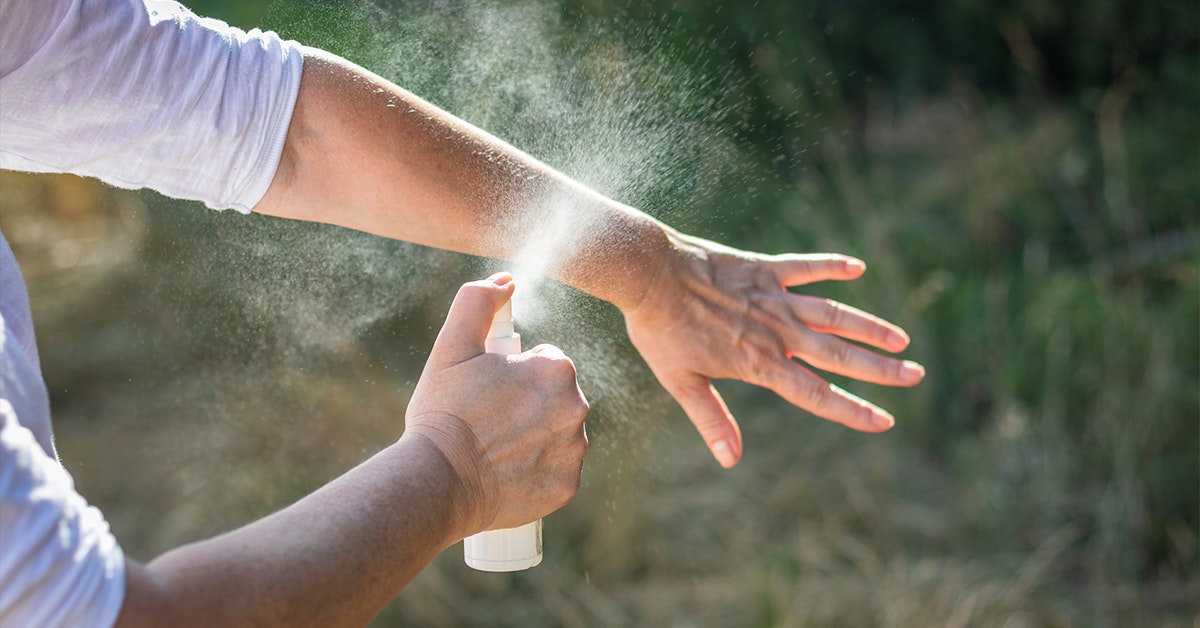Extreme Heat May Reduce the Effectiveness of Natural Mosquito Repellents

New research from Ohio State University suggests that extreme heat may weaken the effectiveness of natural mosquito repellents like citronella and catnip oil. The study found that mosquitoes become less sensitive to certain chemical cues in high temperatures, making them less likely to avoid these substances.
Researchers discovered that a mosquito pain receptor, TRPA1—also known as the “wasabi receptor”—plays a key role in detecting irritating chemicals that repel mosquitoes. However, when temperatures exceed 32°C (89.6°F), this receptor becomes less responsive, meaning mosquitoes are less likely to be repelled by natural products.
This finding is particularly concerning as climate change leads to more frequent extreme heat events. Warmer temperatures also allow mosquitoes to breed for longer periods, increasing the risk of diseases like West Nile virus and dengue.
However, synthetic repellents like DEET remain effective in hot weather. The study suggests that during extreme heat, people should rely on synthetic repellents rather than natural alternatives. Researchers plan to further investigate how temperature affects mosquito behavior, which could lead to improved mosquito control strategies.
In Los Angeles County, where mosquito activity increases during warm months, residents should be aware of these findings. Using synthetic repellents and eliminating standing water can help reduce mosquito bites and the risk of disease.
